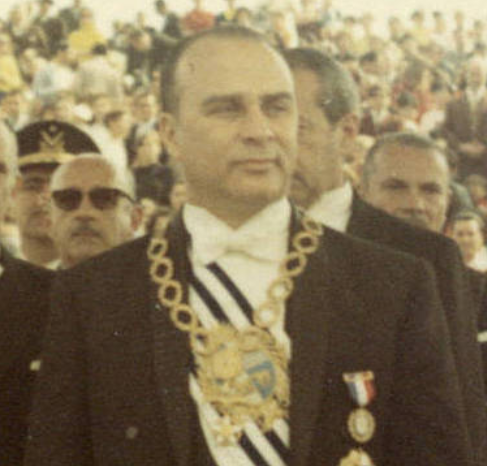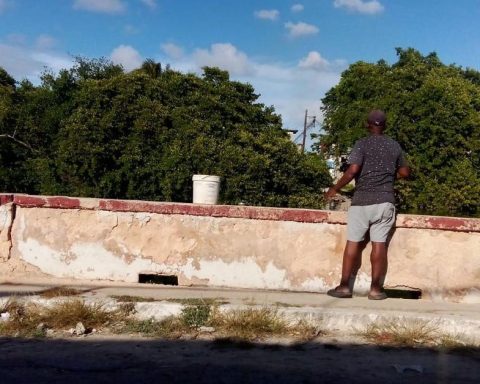
On the afternoon of this Sunday, the Colorado Party uploaded a message to its official Twitter account on the occasion of the date on which the late former President of the Republic, Jorge Pacheco Areco, was born, one of the most controversial figures of this right-wing party. In his government there were committed violations of individual liberties and social protest.
“Today we celebrate the 103 years of the birth of Jorge Pacheco Areco, who was our president between 1967 and 1972,” the PC’s tweet begins.
And he adds: “His essential coloradism and his legalism in dire circumstances, deserves our heartfelt memory”.
This message unleashed a series of criticisms for what Pacheco Areco represented in the darkest years of State terrorism in Uruguay. The tweeter Christian Barboza said that this character “has blood-stained hands”, but other people praised his memory: “The president who had the bravest confrontation with the terrorists,” commented someone identified as Juan Rodríguez.
The @matecha17 account recalled that he was appointed ambassador of the dictatorship in Spain, the United States and Paraguay, and that he openly promoted the “yes” vote in the 1980 plebiscite.
Today we celebrate the 103 years of the birth of Jorge Pacheco Areco, who was our president between 1967 and 1972. His essential coloradism and his legalism in dire circumstances deserve our heartfelt memory. pic.twitter.com/Qux4ZSf6Bo
– Colorado Party (@PartidoColorado) April 9, 2023
The legacy of Pacheco Areco in Uruguayan political history
Jorge Pacheco Areco’s presidency was marked by a repressive policy against the political opposition and social movements, and by the violation of human rights.
During his tenure (from 1967 to 1972) he implemented an economic policy based on industrial development and export promotion. He also carried out a series of repressive measures against the political opposition and social movements.
The right-wing president reinforced the current modalities of containment and punishment of social protest, to repress the people’s need to demonstrate at that time. Although President Oscar Gestido tried to moderate the repressive propensity that had characterized the previous five years, the year ended with very negative balances in this matter.
Pacheco proposed as a government policy to confront union conflicts and in December, a week after the death of Gestido, he promulgated a decree which outlawed political groups (Socialist Party, Eastern Revolutionary Movement, Uruguayan Anarchist Federation, Revolutionary Left Movement, and the Uruguayan Popular Action Movement).
In the same document, closed the newspapers El Sol and Época, arranging for the capture of the latter’s editorial board. The measure was due to the support given by these groups to the armed path as a political alternative.
During his tenure, Human rights violations occurred, such as torture and the forced disappearance of people. In addition, the State Security Law was applied, which allowed suspects to be detained without charge, and the so-called “death squad”, a group of special forces tasked with repressing political opposition, was created.
Another controversial act of his government was the approval of the so-called “Expiration Law” in 1986. This law established impunity for crimes committed during the military dictatorship that ruled Uruguay between 1973 and 1985, which meant the protection of those responsible of human rights violations.
















